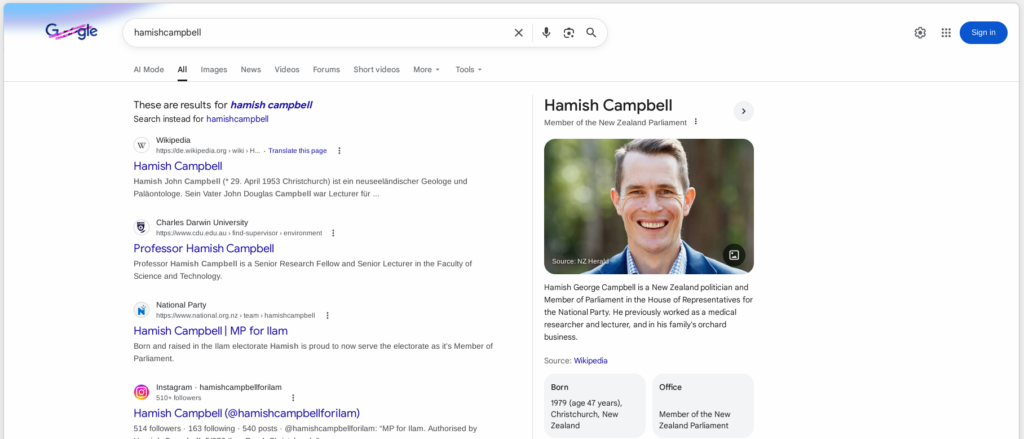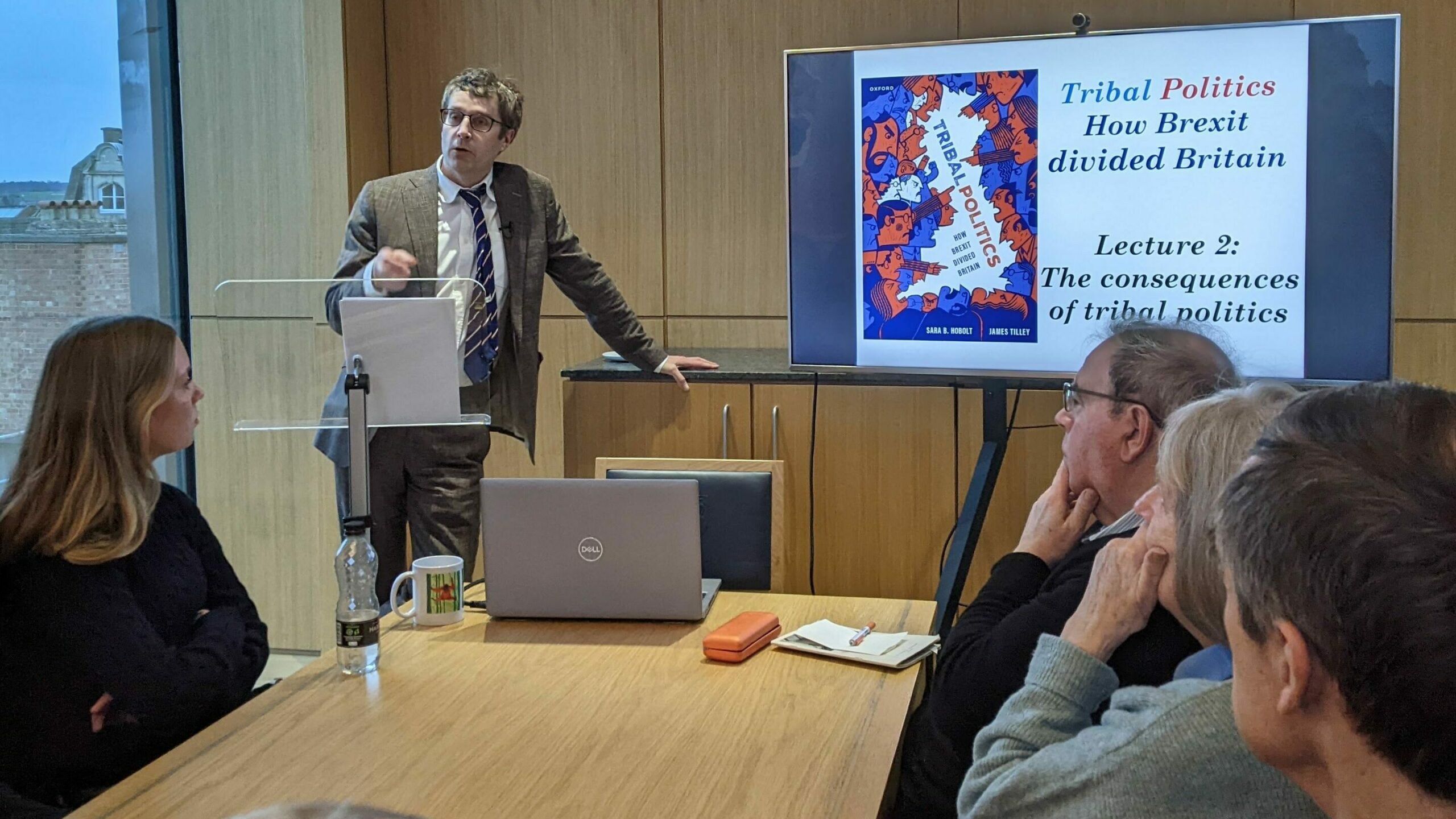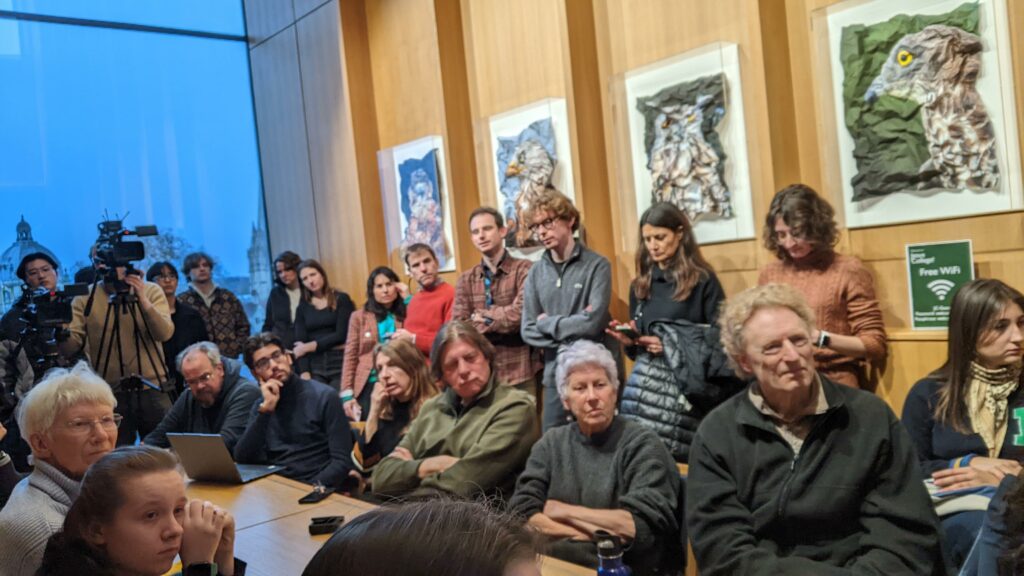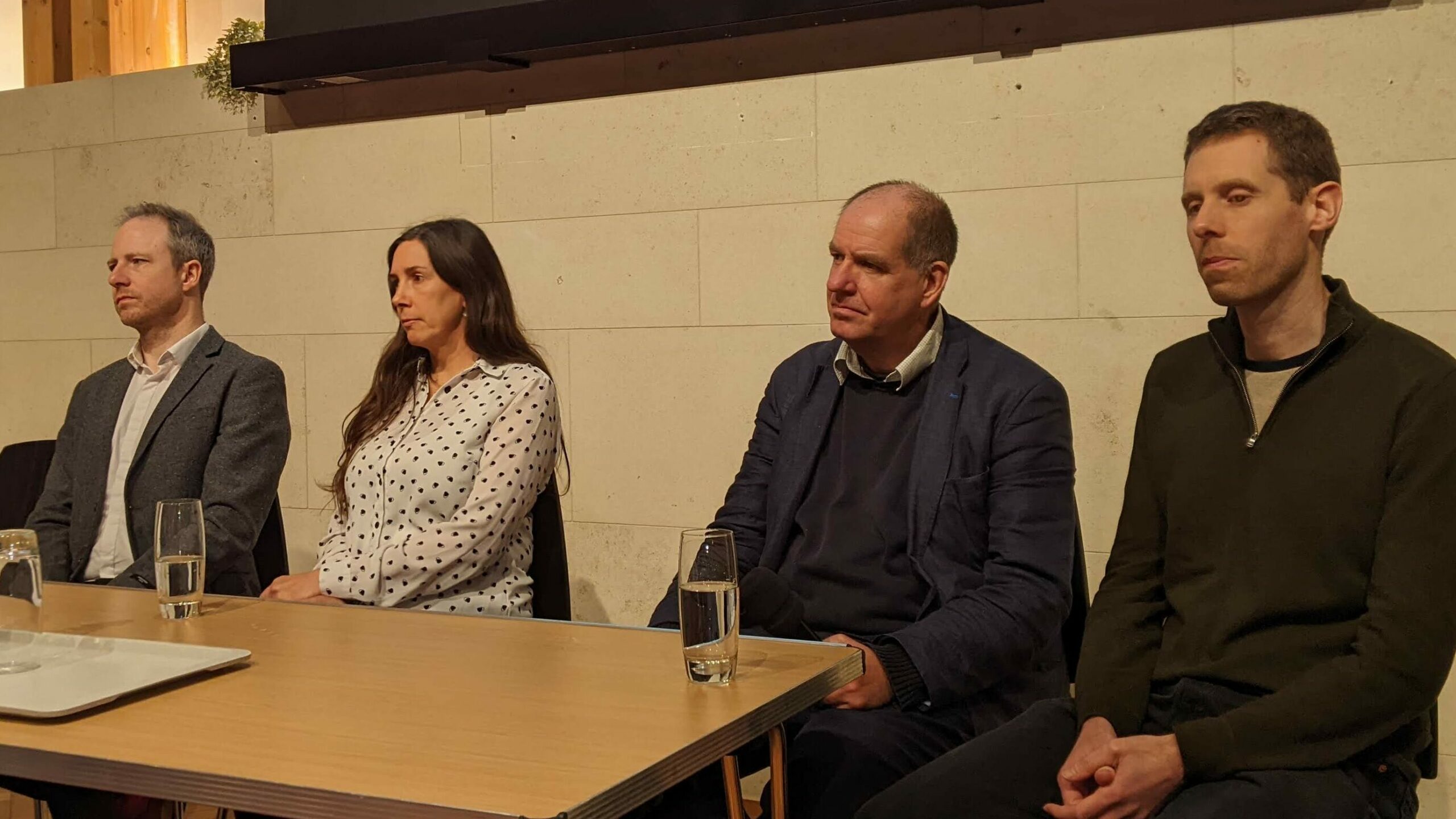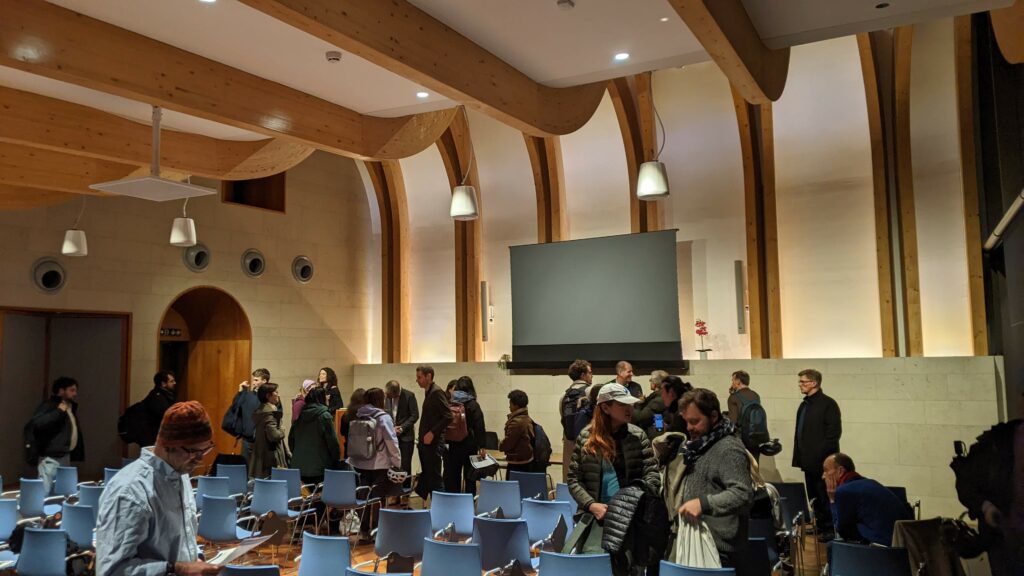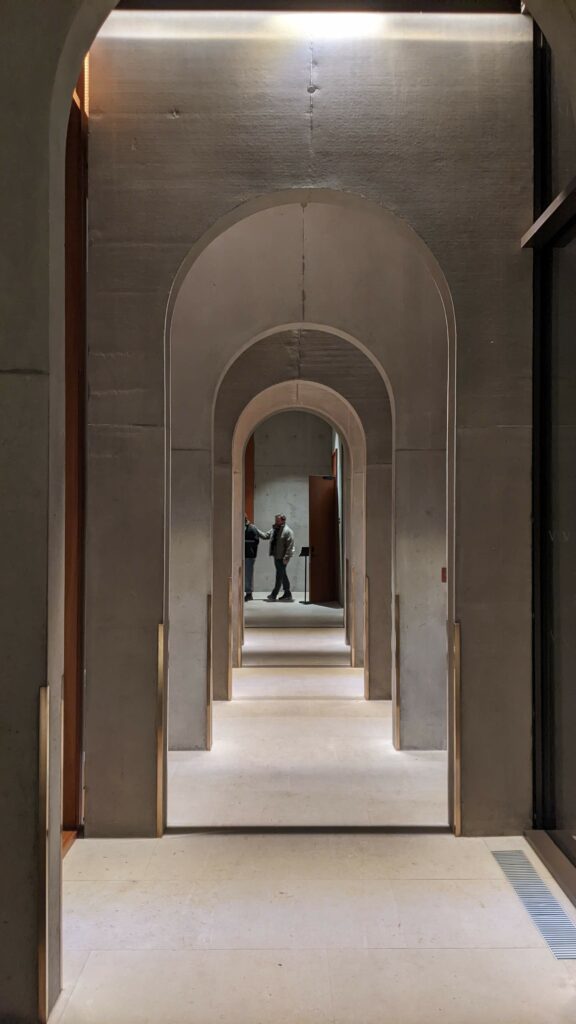DRAFT
Scale changes everything as human behaviour does not stay the same as groups scale. The instincts that helped small tribes survive – loyalty, signalling belonging, defending boundaries, competing for status, consolidating influence – functioned well within natural limits. In small groups, feedback was immediate. Consequences were visible. Power was constrained by proximity and material reality.
But when those same instincts operate at contempery social scale, inside complex technological societies, like the current #NGO fediverse, they stop stabilising systems and begin to destabilise them. What once supported survival can amplify fragmentation. What once built cohesion can produce polarisation. What once protected the group can spiral into extraction and enclosure we start to see now. This is not a moral failure of the human species, it is a predictable outcome of scale.
We now live inside systems where ancient social instincts interact with global networks, algorithmic amplification, financial abstraction, and industrial metabolism. The more-than-human crisis – climatechaos , biodiversity collapse, geopolitical fracture – is not collection of surface problems, these are symptoms.
Beneath them are recurring systemic patterns, society-scale incentives. And beneath those incentives are deep assumptions about growth, control, competition, and scarcity. We are not outside these layers, we are embedded within them. So the question becomes what does responsibility look like in a world where powerful structural incentives shape collective outcomes? Where do social thresholds appear when scale removes the natural limits that once kept us in balance? How do we avoid only treating symptoms while reinforcing the deeper forces producing them?
And if our instincts once helped seed the current fediverse, we did see for a moment what a system look like that works with human nature while balancing it against #dotcons reality. This is the path we need to get back to, to understand how the current tensions I outline, in the fediverse makes sense. Because what we are seeing there is not just a #blocking governance disagreement. It is a microcosm of the larger scale problem: how human coordination patterns behave when they move from small, trust-based communities into bigger networked infrastructures.
The fediverse is not separate from this, it is one of the places where we are actively trying to work it out. To start down this path we need to look at how the last #openweb reboot was taken from us.
The #dotcons aren’t just “big tech companies.” They’re a structural class of platforms they follow the same pattern:
- Present themselves as open, liberating, participatory spaces.
- Attract huge numbers of people with network effects and free access.
- Gradually enclose that activity.
- Monetise attention by shaping reach, visibility, and behaviour.
The “con” isn’t that they charge money, the con is the bait-and-switch:
- First: open participation, organic reach, community.
- Later: algorithmic throttling, pay-to-play visibility, advertising optimisation.
The “dot” is the monetisation layer – advertising markets, behavioural profiling, engagement engineering. Even the so-called ethical platforms operate on the same structural logic:
- growth first
- enclosure second
- monetisation through mediated reach
- shaping discourse toward advertiser-compatible norms.
You can swap out leadership, branding, or tone, but if the core model is:
capture network → centralise control → monetise attention
… then it sits in the same class.
Naming them 20 years ago as #dotcons isn’t about moral outrage, it’s about clarity, because if we don’t name the enclosure pattern, we end up debating personalities and features instead of structure.
Where this matters for the fediverse is simple – If we don’t consciously build flows, commons, and #4opens practices into the infrastructure and culture, the same enclosure dynamics will re-emerge – just more politely.
The difference isn’t tone, it’s structure. And being clear about what the #dotcons are helps us see what we are trying not to reproduce.
The idea and direction are broadly right (decentralised social web, commons infrastructure, alternatives to #dotcons). but the institutional reality is hollow, not enough resources going into the “native” messy grassroots work that actually keeps things alive.
People like Evan and others stepping into fediverse organisational roles are, from their perspective, trying to stabilise infrastructure, secure insitunal funding streams, reduce fragmentation and make the ecosystem legible to funders, regulators, and mainstream paths. From this side, the fear tends to be that without some coordination and institutional structure, the fediverse stays marginal or collapses under maintenance debt.
Were from the native the grassroots/activist side institutionalisation risks repeating Web 2.0 capture light – NGO-isation, depoliticisation, and slow drift toward mainstreaming and soft #blocking control.
You could see this as basically stability vs autonomy, funding vs independence, coordination vs organic growth. But better to see it for what it is a resource problem (the real bottleneck)
“ZERO resources for what we actually need” is key, and honestly widely felt. Where funding currently goes to protocol development, interoperability standards, software maintenance grants and pointless governance experiments that look credible to funders.
Where resources don’t go on balence to “native” non #NGO community organising, onboarding and social infrastructure that is not mainstreaming. Seeding and growing local/regional native networks. Alternative governance experiments outside formal org structures and most importantly public-first infrastructure (like the #OMN direction) In short technical sustainability gets funded; social sustainability struggles to grow.
#NLnet and geekproblem, #NGO dynamics tend to operate with a narrow philosophy of fund discrete, bounded technical projects that avoid any political positioning to prioritise measurable outputs (code, specs, deployments). This creates structural friction because as infrastructure projects for grassroots media and social organising doesn’t fit neat grant deliverables. Long-term community building is messy and hard to quantify. Native radical or openly political framing scares institutional funders.
So we reinforce a path where money exists, but it flows toward the wrong layers for movement-building. So when dose this balance change? This is the hard truth: systems like this rarely change because people ask, they change when people push parallel practices that make the gap obvious.
What history teaches us in the #openweb is Indymedia didn’t wait for permission, early blogs didn’t wait for foundation approval and Mastodon itself grew outside institutional planning.
Change tends to happen through parallel infrastructure, witch is how the fedivers reboot happened in the first place before our current shift to #NGO structures and people takeing over our shared direction.
So how do we get out of this mess? By finding seed funding and affinity groups to build/use alternatives that demonstrate missing pieces like public-first media networks (#OMN), social layer experiments and governance models rooted in users/admins, not foundations (#OGB). We need this narrative pressure, not just critique, re-framing “Fediverse” as one implementation of broader #openweb rather than the destination and shifting language from platform to ecology.
Resource routing from the current institutions if they are at all capable of this, or giving them a good, if polite, kicking if they are not. Not to knock them out, more to knock them aside, they are still native on balance. The uncomfortable reality we need to compost is the current institutional layer probably thinks they are solving the resource problem – just at a different level (protocol legitimacy, policy access, etc). So the conflict isn’t only “they are wrong” but they are solving a different problem than the one native actors see as urgent.
Where leverage might actually exist if our goal is shifting direction rather than just venting (which is understandable 🙂), leverage tends to come from building cross-admin alliances (server operators are a missing power bloc, framing needs in operational terms (“X infrastructure gap causes Y burnout/failure” and linking fediverse survival explicitly to native grassroots media use-cases.
To work on this it helps to see the factions currently shaping Fediverse governance., a long sometimes over lapping list
- The Greybeards of every genda (early web + protocol veterans) worldview The fediverse is the continuation of the original web ethos. Protocols matter more than platforms. Stability and interoperability come first. Cultural roots are early blogging, RSS, XMPP, open standards culture and the early activist web. They are guardians of continuity.
- Protocol Purists / Engineering Minimalists (Sometimes overlap with greybeards but culturally distinct.) Tend to dismiss governance and social design as “out of scope.” and tus risk reproducing libertarian-style “neutral infrastructure” assumptions. They protect the protocol but sometimes ignore the ecosystem.
- NGO Pragmatists / Institutionalizers (This is likely most of current leadership structures. Think the Fediverse needs to be legible to regulators, funders, and #mainstreaming users. There cultural roots are foundation models, EU funding ecosystems and digital rights etc. Motivationed by legitimacy, policy and funding stability (for them selves, and thus the system, with them running it). There power is they can unlock resources, build bridges outside tech circles and reduce chaos perception. But suffer from very bad bind spots that affectively block by depoliticising radical roots, (un)intentionally reproduce top-down structures and prioritise optics over native needs. They are trying to make fediverse “safe enough” for mainstream adoption.
- Grassroots Builders / Commons Activists (Closest to #OMN framing.) Build and support the Fediverse as a social movement, not just infrastructure with native paths. Community governance and mutual aid are core so technology must serve social transformation. Roots sprin from early Indymedia, anarchist/left activist tech, free culture and early autonomous networks. Tere mission is native to te fedives of reclaiming media infrastructure, resist #dotcons capture to rebuild collective spaces. They bring real world experience of community building, lived experimentation and resilience outside funding cycles. But have there own blind spots with resource scarcity, fragmentation and continuing mess internal ideological conflict. They carry the original radical energy but struggle with institutional power.
- Instance Admins (The Hidden Power Layer) are often overlooked but crucial. Thy are te fedivers, keep servers running, manage moderation chaos, with ractical solutions over ideology spiky or fluffy. Being motivated by sustainability, reducing burnout and keeping communities healthy. Tey ave the only real operational experience and work with native distributed authority. But tend to be to blind to organising as a collective political voice as there influence is diffuse. If they coordinated, they could reshape governance overnight.
- Commercial Entrants / Platform Builders with the #NGO paths becoming more powerful. They tend to a narrow non native view of the fediverse as infrastructure for scalable products and interoperability as competitive advantage. Examples would be venture-backed or startup-aligned platforms motivated by growth, monetisation models compatible with federation and early positioning before governance can settle. They have power and voice due to resources, UX focus and marketing reach. But being non native they lack “users”. Tey are blind to the risk of slow platform capture and are anatanistic to the tension with grassroots values. They introduce gravity toward mainstream web patterns.
- The Silent Majority (Users) are often ignored in governance discussions. In this #NGO push they are seen as needing usable, safe social spaces and not deeply ideological. This leads to adoption patterns shaping the ecosystem more than debates do witch deeper cultural fault lines.
- Large Instance Admins (network gravity), they are admins of large or historically central servers, culturally influential communities have some power with federation choices shape network topology. Blocking decisions define social boundaries. They can indirectly decide which communities thrive, what norms spread and what software gains adoption. No vote, but impact.
- Narrative Shapers (discourse power) mostly the more fluffy, #NO frendly bloggers, long-term fediverse personalities, visible commentators and conference speakers define what problems are “real”, what language becomes default and try and define what counts as native and reasonable. Some example might be shifting conversation from “openweb” to “socialweb”, framing decentralisation as safety vs freedom. These narratives shape funding, developer interest, and user expectations.
- Funders (hard coded steering) for most people this is slight and not seen as direct control, for others more strong directional influence. Examples include: grant bodies, research funding ecosystems, EU-aligned digital infrastructure programs. On balance the vast majority of this funding goes to corrupt insiders and is thus simply poured directly down the drain. But the stuff that works, like #NLnet has real power, funding doesn’t dictate outcomes, but it decides which problems get resourced to indirectly defines priorities. But if this is not balenced by social governance funding it quietly becomes invisible.
- Bridge Figures (social connectors) are hugely underestimated. They are people with experience across multiple factions of dev + activist hybrids, long-term organisers and translators between tech and social communities. There power is in balanceing conflict, helping which conversations cross boundaries and legitimize ideas by engagement. Without them, silos harden.
- Default Software UX (silent governance) The interface itself shapes behaviour were Mastodon UX norms influence culture more than policy debates, defaults create expectations. Examples: content warnings, quote-post absence/presence, moderation tools. UX becomes governance.
- Momentum and path dependency is possibly the biggest hidden power. Once a protocol interpretation, a moderation norm or a deployment pattern gains early momentum… it becomes hard to change, regardless of governance discussions.
These factions aren’t just political, they divide along deeper axes.
- Infrastructure vs Movement. Protocol purists + many greybeards → infrastructure-first. Grassroots → movement-first.
- Stability vs Experimentation. NGOs + institutional actors → stability. grassroots + indie devs → experimentation.
- Legibility vs Autonomy. NGOs seek legibility for funding/policy. grassroots value messiness and effective autonomy.
- Governance vs Emergence. institutionalists want hard (oftern invisable) governance frameworks. Others believe governance should emerge (visably) organically
The insight meany people miss is that the biggest conflict is NOT what they might think left vs right or tech vs social, it is people trying to make the fediverse safe for scale vs People trying to keep it open enough for transformation. Both believe they are saving it. This is where things actually make sense, because formal governance in the fediverse is weak compared to influence networks. Most frustration comes from people arguing about structures that “don’t actually hold power”, while missing the forces that shape direction.
We need a more realistic map of the unspoken power dynamics shaping the fediverse, these are not generaly official roles – they’re influence patterns. Maintainers as gatekeepers (code gravity), who are core maintainers of major projects (Mastodon, Akkoma/Pleroma forks, Pixelfed, Lemmy, PeerTube, etc.). Protocol implementers of what ships shapes reality. What doesn’t get merged doesn’t exist. without formal authority they define the roadmap simply by deciding what is worth implementing. This has a strong hidden effect that governance debates often become irrelevant if maintainers don’t prioritise them. Some example dynamics are social governance features get ignored because they’re “not technical”. UX decisions shaping culture without explicit discussion etc.
The core dynamic that is hidden is most people assume power = foundations or organisations. Where the reality is power = maintainers + large instances + narratives + funding gravity. Formal structures, and the little native governance we have mostly follow these forces, not in any way balance them in.
So were dose the stress come from and why this creates frustration. Grassroots actors often see decisions emerging without any transparent process, norms solidifying without any affective debate and institutions appearing to “take over”.
Where institutional actors see chaos without coordination and feel deep phsicological, and self serving need for pressure to stabilise. Both misidentify where decisions actually originate. The deepest unspoken divide is people are defending different emotional survival strategies, until this is recognised, discussions loop endlessly.
What do you think, if you think about this at all?
